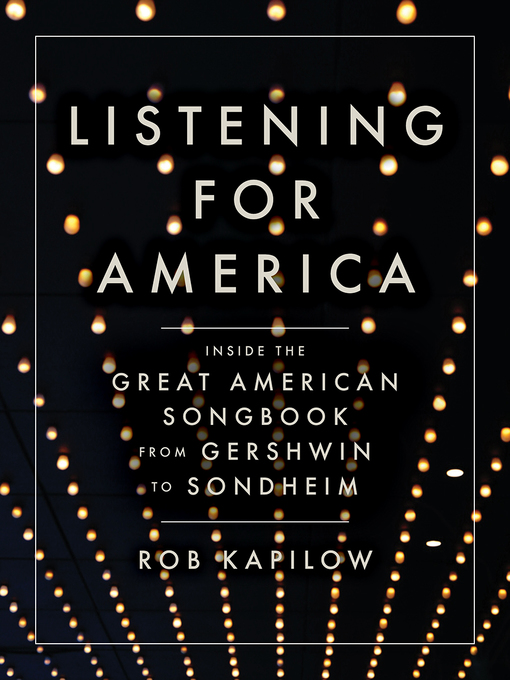Finalist • The Marfield Prize [National Award for Arts Writing]
"Not since the late Leonard Bernstein has classical music had a combination salesman-teacher as irresistible as Kapilow." —Kansas City Star
"If you want to understand American history, listen to its popular music," writes renowned NPR host Rob Kapilow. "If you want to understand America's popular music, listen to its history." Through the songs of eight legendary American composers—Kern, Porter, Gershwin, Arlen, Berlin, Rodgers, Bernstein, and Sondheim—Kapilow listens for the history not just of musical theater, but of America itself. Combining close readings of Broadway hits like "Summertime" and "Stormy Weather" with a wide-angled historical point of view, Listening for America shows us how we too can listen along as America discovered its identity through the epochal transformations of the twentieth century.


